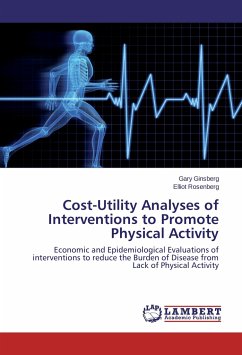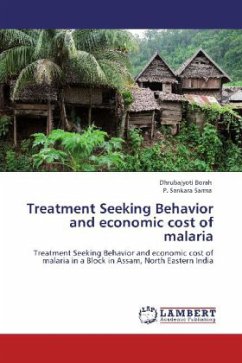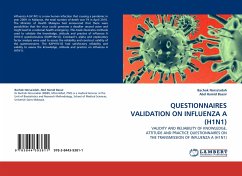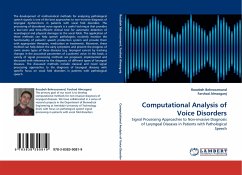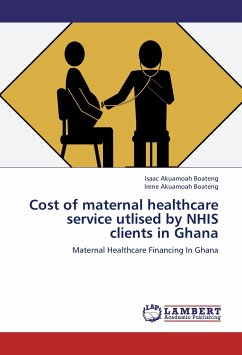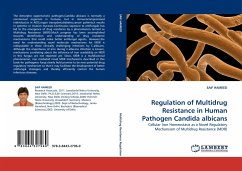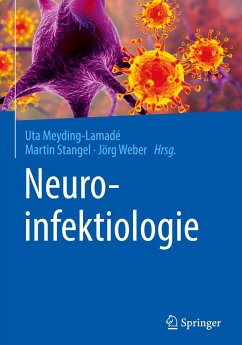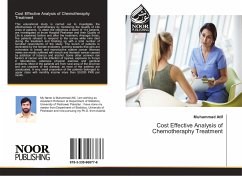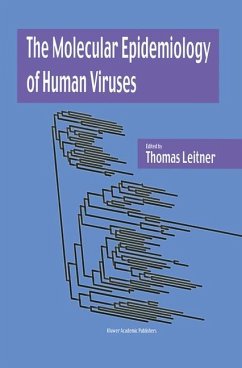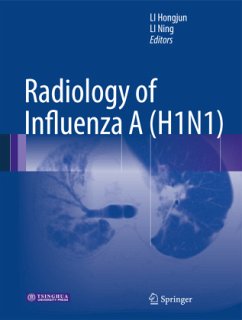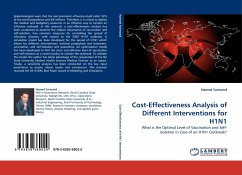
Cost-Effectiveness Analysis of Different Interventions for H1N1
What is the Optimal Level of Vaccination and Self-isolation in Case of an H1N1 Outbreak?
Versandkostenfrei!
Versandfertig in 6-10 Tagen
39,99 €
inkl. MwSt.

PAYBACK Punkte
20 °P sammeln!
Epidemiologists warn that the next pandemic influenza could infect 33% of the world population and kill millions. Therefore, it is critical to deploy the medical and budgetary resources in an effective way to contain an influenza outbreak. In this research, a cost-effectiveness analysis has been conducted to examine the relative importance of vaccination and self-isolation, two common measures for controlling the spread of infectious diseases, with respect to the 2009 H1N1 outbreak. A simulation model has been developed for the spread of H1N1 which allows for different interventions: antiviral...
Epidemiologists warn that the next pandemic influenza could infect 33% of the world population and kill millions. Therefore, it is critical to deploy the medical and budgetary resources in an effective way to contain an influenza outbreak. In this research, a cost-effectiveness analysis has been conducted to examine the relative importance of vaccination and self-isolation, two common measures for controlling the spread of infectious diseases, with respect to the 2009 H1N1 outbreak. A simulation model has been developed for the spread of H1N1 which allows for different interventions: antiviral prophylaxis and treatment, vaccination, and self-isolation and quarantine. An optimization model has been developed to find the most cost-effective level of vaccination and self-isolation as a control policy to contain the outbreak. To validate the model, the author has taken advantage of the cooperation of the NC State University Student Health Services Medical Director as an expert. Finally, a sensitivity analysis has been conducted on the key input parameters to ensure robust results and conclusions. This research received the 2010 IERC Best Paper Award in Modeling and Simulation.



